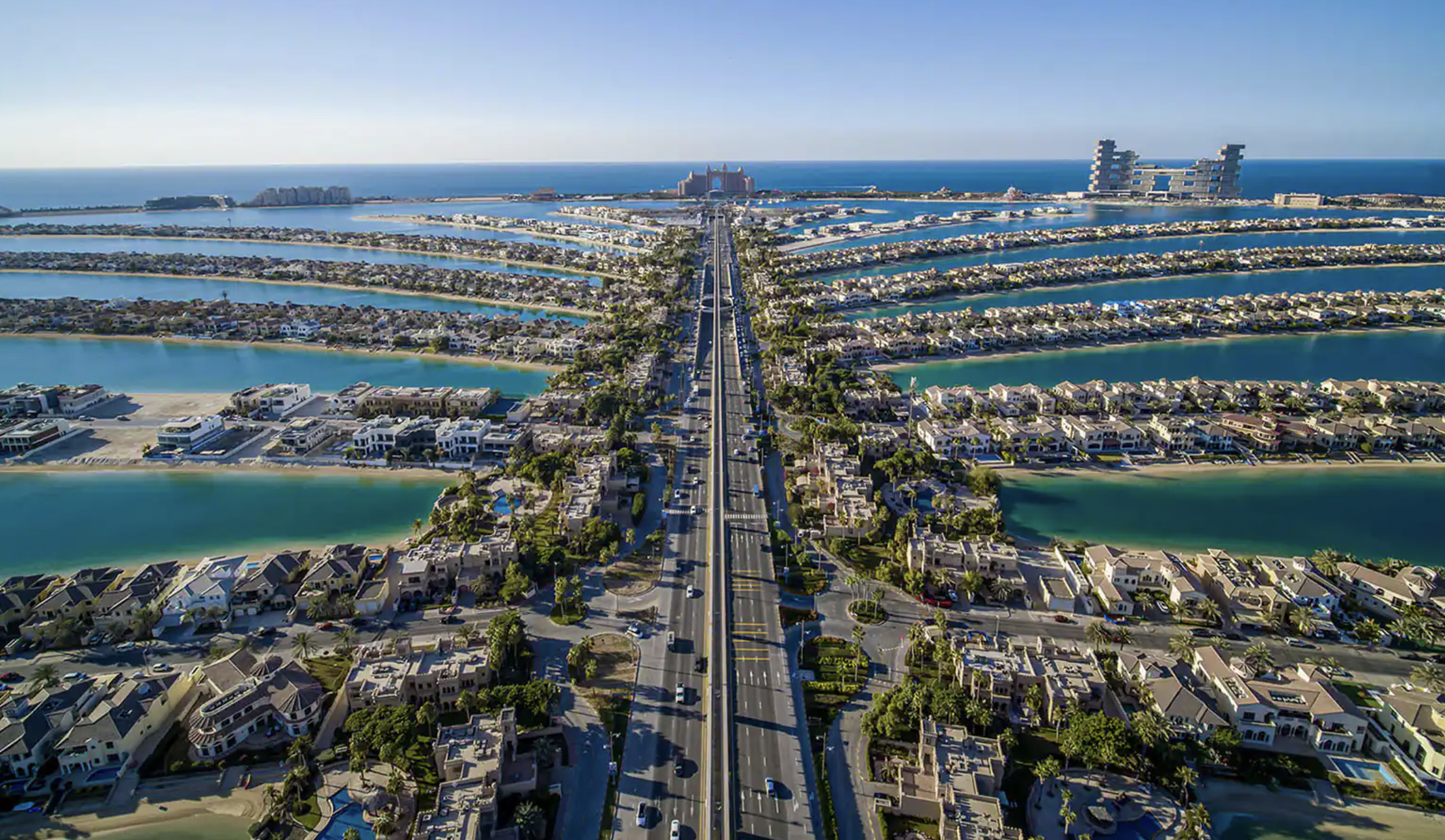Dubai, with its thriving economy and world-class infrastructure, is a financial hub that attracts businesses and individuals from all over the globe.
Indeed, whether you’re starting a business, working as an expat in Dubai, or simply looking to manage your finances globally, opening a bank account in Dubai can be a crucial step.
The process of opening a bank account in Dubai is straightforward, but there are some key requirements to keep in mind.
Our full guide will walk you through everything you need to know about opening a bank account in Dubai. There’s a lot of info to cover, so without further ado, let’s get started!
Why Open a Bank Account in Dubai?
Dubai’s banking sector is one of the most robust and investor-friendly in the world.
The city offers a wide range of services, from basic accounts to sophisticated banking suites aimed toward family offices, UHNWIs, and even royalty.
Dubai’s banks cater to diverse financial needs – both to individual and corporate clients.
The city’s strategic location, stable economy, and tax-free policies make it an attractive choice for investors.
Can Foreigners Open a Bank Account in Dubai?
Yes, foreigners can open bank accounts in Dubai. However, the type of account you can open depends on your residency status.
Residents with a valid visa can access a full suite of banking services, including current and savings accounts, credit cards, and loans.
Non-residents, on the other hand, are typically limited to opening savings accounts with basic functionality, such as a debit card and ATM access.
While non-resident accounts in Dubai have fewer features, they still provide a convenient way to manage your global finances.
Step-by-Step Guide to Opening a Bank Account in Dubai
1. Physical Presence is Required
Most banks in Dubai require you to be physically present to open an account.
This means you’ll need to visit the UAE, schedule an appointment with your chosen bank, and complete the necessary paperwork in person.

You can open a Dubai bank account as a foreigner, but full banking services and experience are limited for expats a valid residency status.
While this may sound like a hassle, it ensures that the bank can verify your identity and comply with local regulations.
2. Choose the Right Bank
Dubai is home to both local and international banks, each offering unique services tailored to different needs. Some of the most popular banks for expats in the UAE include:
- Abu Dhabi Commercial Bank (ADCB): Known for its speed and simplicity, ADCB is a favorite among expats. It also has one of the strongest physical presences in Dubai.
- Mashreq Bank: With over 50 years of experience, Mashreq Bank is a reputable choice, offering a wide range of banking services despite having fewer physical branches.
- Liv Bank: A fully digital bank with no physical branches, Liv Bank is ideal for tech-savvy individuals who prefer managing their finances online.
When choosing a bank, consider factors such as fees, account features, and international transfer options.
3. Prepare the Required Documents
To open a bank account in Dubai, you’ll need to provide the following documents:
- Passport: A valid passport is mandatory for identification.
- Visa: For residents, a valid UAE residence visa is required. Non-residents may be asked to provide additional documentation.
- Proof of Address: This can include a recent utility bill or tenancy contract.
- Proof of Income: A letter from your employer, salary certificate, or other proof of income may be necessary.
Some banks may also require a minimum balance or initial deposit to activate the account. It’s always a good idea to check with your chosen bank for specific requirements.
4. Select the Right Account Type
Dubai offers various types of bank accounts, ranging from basic savings accounts to more advanced offshore banking solutions.
For expats, personal savings accounts are the most common choice.

As a country with no income tax, the UAE is among the top destinations for wealthy investors and expats.
Businesses, on the other hand, may need corporate accounts tailored to their operations.
Offshore accounts are also available for those looking to manage international investments or optimize tax benefits.
5. Understand Fees and Charges
Before signing any contracts, take a close look at the fees associated with your account.
These can include monthly maintenance fees, international transfer charges, and ATM withdrawal fees.
Understanding these costs upfront will help you avoid unpleasant surprises later.
Offshore Banking in Dubai
Dubai is also a popular destination for offshore banking, which offers a range of benefits such as investment banking services, personal loans, and access to world-class financial facilities.
Offshore accounts in Dubai are especially advantageous for businesses looking to optimize their financial management within legal frameworks.
However, opening an offshore account in the UAE may involve additional documents and meeting extra compliance requirements.
Below are a few key tips to help ensure that you’ll have a smooth experience banking in the UAE:
- Research Your Options: Not all banks in Dubai offer the same services, so take the time to compare your options.
- Be Prepared: Ensure you have all the necessary documents ready to avoid delays.
- Ask Questions: Don’t hesitate to ask the bank staff for clarification on fees, account features, or other concerns.
- Consider Digital Banking: If you prefer managing your finances on the go, opt for banks that offer robust online and mobile banking options, such as Liv Bank.
Should You Open a UAE Bank Account?
Opening a bank account the UAE, and Dubai in particular, is a straightforward process if you’re well-prepared.
Whether you’re a resident looking for comprehensive banking services or a non-resident seeking a simple savings account, Dubai’s banking sector has something to offer everyone.
So, pack your documents (and perhaps your sunscreen!) and get ready to experience banking that matches the city’s reputation for excellence and innovation.







